
On 2 July 1776, in the Pennsylvanian State House in Philadelphia, representatives from Britain's colonies in North America voted, at last, to publicly break their bonds with the mother country and its king, George III.
But 2 July is not the day that Americans celebrate every year. They chose instead 4 July, two days later, when congressmen approved the final version of the Declaration of Independence - a document that would announce their decision to the world.
Drafted mostly by Thomas Jefferson, a prominent lawyer and planter from Virginia (and later the third president of the United States between 1801-09), the Declaration of Independence features the famous lines: “We hold these truths to be self-evident, that all men are created equal" and have "certain unalienable rights" - among them “life, liberty, and the pursuit of happiness”. The Declaration also describes Native Americans as “merciless Indian savages" and blames King George for inciting American slaves to insurrection.
Nearly 250 years later, Americans still celebrate the day their rebel leaders changed the course of history...
1 THE DECLARATION OF INDEPENDENCE IS A SACRED DOCUMENT IN THE UNITED STATES
Not for nothing did the late historian Pauline Maier call her 1997 book about the Declaration American Scripture. Yet the document itself wasn't always treated well; it barely survived the British burning of Washington DC in 1814. But during World War II, the Declaration of Independence was delivered to Fort Knox, Kentucky, under Secret Service protection. In 1952, the Declaration was placed inside a bullet-proof case in a shrine' under the Rotunda of the National Archives in Washington DC. At night, it is lowered into a reinforced bunker. And every day, Americans file past and stare at it in reverence.
This story is from the {{IssueName}} edition of {{MagazineName}}.
Start your 7-day Magzter GOLD free trial to access thousands of curated premium stories, and 9,000+ magazines and newspapers.
Already a subscriber ? Sign In
This story is from the {{IssueName}} edition of {{MagazineName}}.
Start your 7-day Magzter GOLD free trial to access thousands of curated premium stories, and 9,000+ magazines and newspapers.
Already a subscriber? Sign In
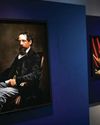
'Dickens's evocation of the fears, excitement and confusion of childhood is peerless'
DR LEE JACKSON ON WHY CHARLES DICKENS REMAINS RELEVANT TODAY
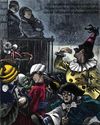
THE AUTHOR GOES ABROAD
Dickens expanded his horizons and boosted his fan-base by venturing overseas - but global fame came with a cost
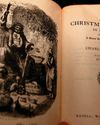
REVIVING THE FESTIVE SPIRIT
A Christmas Carol wasn't just a bestseller - it changed the way that Britons chose to mark the festive season
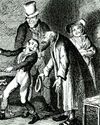
GIVING THE POOR A VOICE
From Hard Times to Oliver Twist, Charles Dickens used his pen to help illuminate the lives of the less fortunate
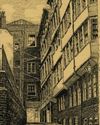
A JOURNEY THROUGH DICKENS'S LONDON
The works of Charles Dickens are synonymous with visions of Victorian London. We talk to Dr Lee Jackson about the author's love of the capital, and the locations that most inspired him
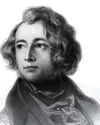
EXCEEDING EXPECTATIONS
Dr Lee Jackson chronicles Charles Dickens's journey from down-at-luck teenager to titan of Victorian literature

GIFTS, TREES & FEASTING
We take a journey through the photo archives to reveal how Christmas and its many traditions have been celebrated over the years - and around the world
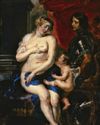
WHAT GREAT PAINTINGS SAY
We explore the story behind an allegorical painting that celebrates the triumph of love over hate, peace over war
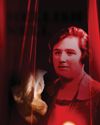
HELLISH NELL
Malcolm Gaskill delves into the life of Helen Duncan - the fraudulent Scottish medium whose ectoplasm-filled seances saw her ending up on the wrong side of the law
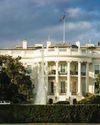
7 THINGS YOU (PROBABLY) DIDN'T KNOW ABOUT THE WHITE HOUSE
Presidential historian Dr Lindsay M Chervinsky reveals some of the most surprising facts about the world-famous US residence